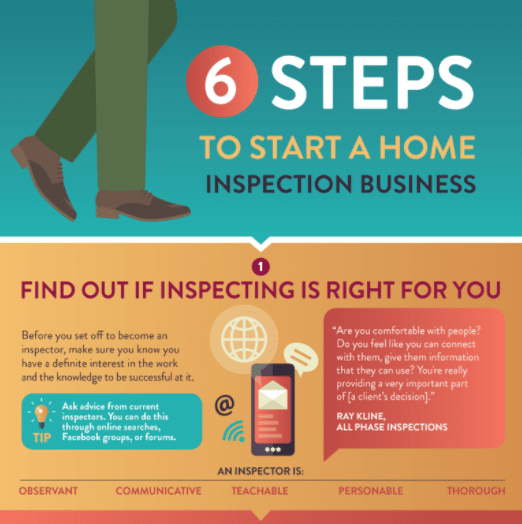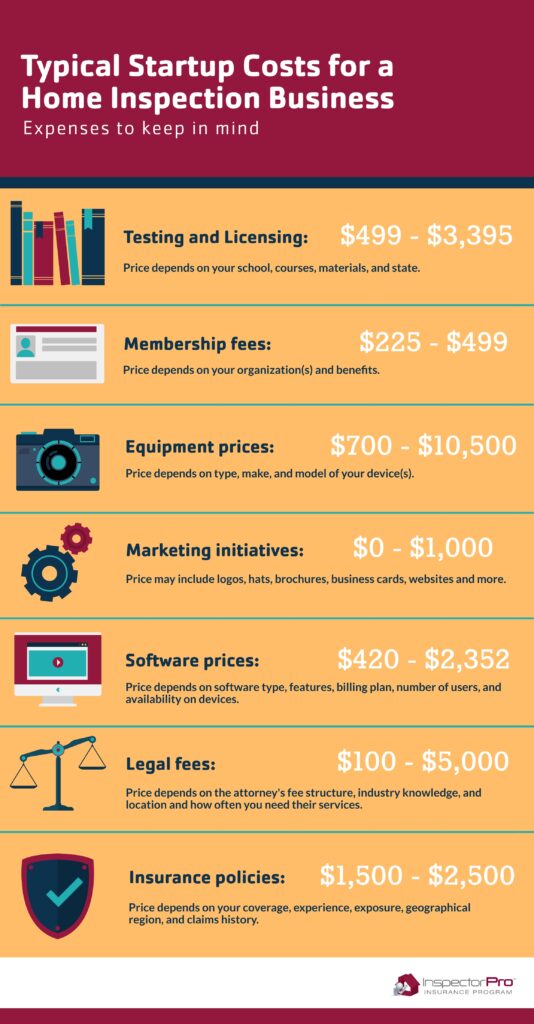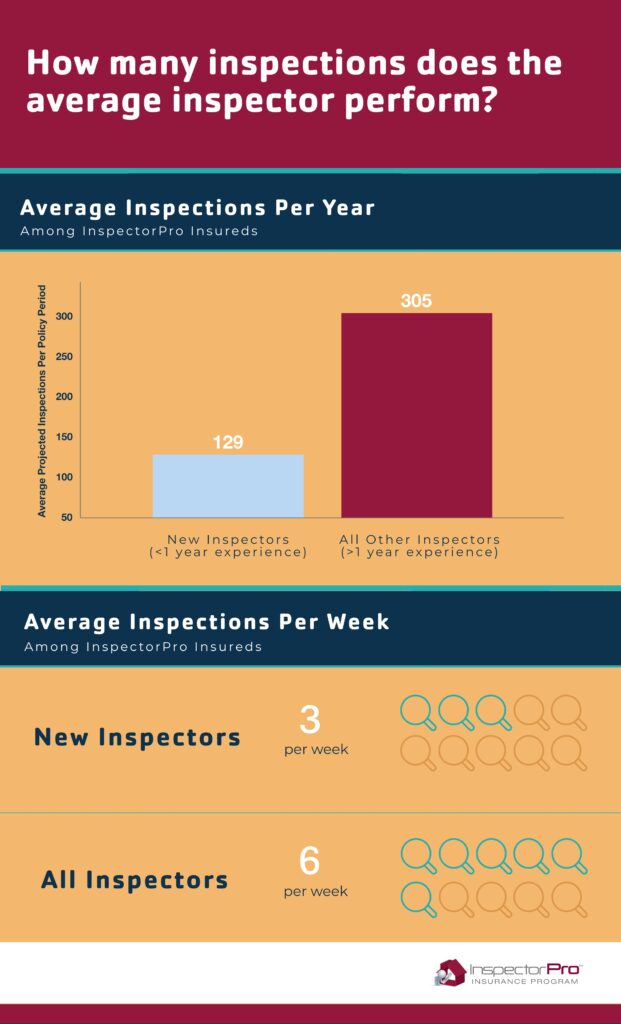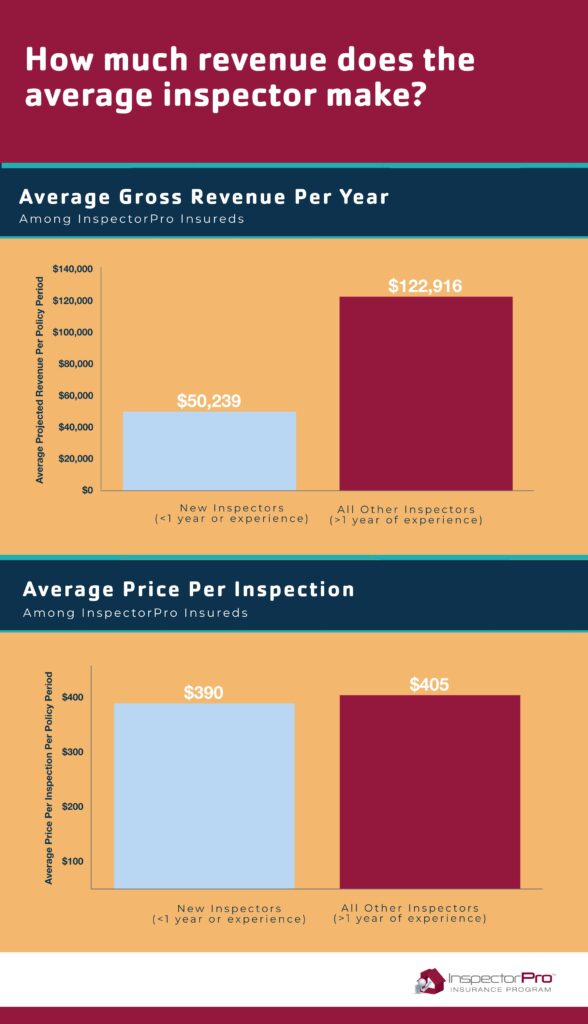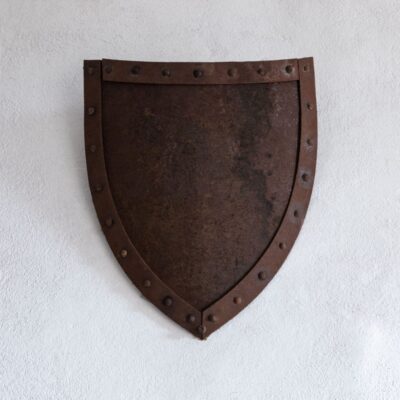What Every New Home Inspector Should Know: Your First-Year Guide to Success
Last Updated May 1, 2025

Many people desire to be a home inspector, and for good reason. The work is both fascinating and rewarding. And by starting a home inspector business, many inspectors have the opportunity to be their own boss. However, prospective inspectors can misunderstand the job and what it entails in their first year inspecting.
How hard is it starting as a home inspector? How much does it cost to get home inspector tools and schooling to start up? Do home inspectors make good money? What challenges of launching a new home inspector company should you prepare for?
There are no better people to explain what it’s like to enter the industry than inspectors themselves. So, we interviewed your peers to learn about common misconceptions and what being a new inspector is really like.
Industry Experience
A common question among inspector hopefuls is whether previous industry experience is necessary to succeed. Make no mistake, many inspectors have prior experience in construction, repairs, and real estate. But such training is not required to have a thriving home inspector business.
Take some of the inspectors we interviewed. Paul Sullivan from Wrigley Home Inspections in Virginia started out as a social worker. Michael Ashburn from Ashburn Inspections, LLC in Pennsylvania was a spa owner. And Garrett Scott from Abode Solutions in Alabama was in food service with his family.
Many people join the industry from all sorts of backgrounds. The commonalities home inspectors share: a passion for helping others and learning.
Bruce Barker, 2021 President of the American Society of Home Inspectors (ASHI), says that while it’s helpful to have some background knowledge, it’s more important to know how to convey your findings.
“You can learn the technical skills through some classrooms, some practicum, and then experience. But it’s the people skills, the communication skills—both written and interpersonal—that are really the key to whether or not you’ll be successful,” Barker said.
In fact, Nick Gromicko, Founder of the International Association of Certified Home Inspectors (InterNACHI), says that, sometimes, being too specialized in an area can put you at a disadvantage.
“Most experience is helpful, but some is actually harmful. If you’re very experienced in one particular field, you have to be careful [that your experiences don’t] push you one way or the other.”
For example, a licensed plumber may focus more on the property’s plumbing system and neglect other components.
If you feel like your inexperience may be a hindrance, luckily, the industry is rife with great resources. For example, joining a national or local organization will help you learn and network. The industry is full of people wanting to help others succeed.
Startup Costs for a Home Inspector’s New Business
Another factor that can greatly influence how quickly your inspection business will get off the ground is startup costs. Many newcomers want to know: How much does it cost to launch a home inspector’s company?
When going into any business, Gromicko says you should expect to invest and spend money upfront.
“This is the time to invest in your company if you’re launching it,” Gromicko said.
Compared to other industries, the startup costs for a new inspection business are fairly minimal. According to Gromicko, someone can set up a successful inspection business for under $15,000. After doing basic research on the necessities for starting a home inspection business, we found estimates ranging from under $3,500 to over $25,000. The exact amount depends on how much you’re willing and wanting to spend on home inspection tools, schooling, training, memberships, equipment, marketing, software, legal fees, and insurance. Below, we break down typical costs for each of these investment categories.
To not be blindsided by startup expenses during your first year inspecting, Jameson Malgeri from Another Level Inspections in Massachusetts recommends budgeting.
“The more planning you can do, the better,” Malgeri said. “I had everything budgeted, even a contingency budget, and was more conservative than I thought I needed to be.”
Amount of Inspections
Many new inspectors make the mistake of planning on performing multiple inspections per week right away.
Unfortunately, gaining a substantial influx of leads can be a slow process. So, how many home inspections per day is ideal for a new home inspector business?
Almost all the inspectors we interviewed advised that new inspectors shouldn’t expect business to be in full swing until two or three years after launching their company.
“Realistically, it takes two to three years to really get rolling,” Barker said. “And [it takes] about five or so [years] to start getting referrals from prior clients.”
But what does it mean to “get rolling”? How many inspections can you expect to perform in your first year and beyond?
To answer these questions, we looked at the data we collect from our insured home inspectors. When inspectors apply for a quote or renew their policy, they provide us with an estimate of the average amount of inspections they perform per policy period. (In our case, policy periods last one year.) Below are the average number of inspections projected by new inspectors (or home inspectors in business for a year or less) versus those projected by all of our other inspectors (or inspectors in business for a year or more).
Because we insure both part- and full-time inspectors and both single and multi-inspector firms, the data isn’t a perfect representation of what one home inspector can expect to make in a year. However, the numbers can give you a ballpark figure to work around.
Revenue
Do home inspectors make good money in their first years? How hard is it to make a living starting as a home inspector?
As any well-seasoned inspector can tell you, many hopefuls come into the industry thinking they’ll immediately bring in a steady stream of revenue. However, those desiring longevity as a home inspector should expect to put in the work before they have consistent pay.
Home inspectors can make a substantial income, particularly if they own their own inspection company. But starting up a business can be difficult.
“[My first year of revenue] was a very small number,” Ashburn said. “But I was working part-time doing three different jobs. Then, [my revenue] just doubled the next year and kept going up. Now, I’ve plateaued because I can’t do more than seven or eight [inspections] a week.”
So, what amount of income can a new inspector plan to make during their first year inspecting? We looked to our application data to find out. Note that we insure both single and multi-inspector firms, which may skew the data.
Read our guide to learn about the factors that affect how much home inspectors make.
Single and Multi-Inspection Firms
Why is there an income difference between solo and multi-home-inspector businesses? Inspectors who start off with a multi-inspection firm tend to make more than those who are starting up their own businesses. This is because they aren’t shouldering startup costs and will most likely have consistent work from the get-go.
“When you go the route of working for a multi-[inspector firm], you’re probably looking [at earning] somewhere in the $30,000 to $40,000 range, depending on if they can keep you busy if the market’s good,” Barker said. “If you start your own business, unless you are really good, you probably should have a good financial cushion underneath you. If you gross $20,000 of revenue in your first year, you’ll be doing pretty decent.”

Joining a multi-inspection firm offers valuable home inspector mentorship to help you gain real-world experience. And it can be a great fit for inspectors who aren’t wanting the stress of creating their own firm. However, before deciding to join a multi-inspection firm, you should see if signing a non-compete is required. If you would like to start up your own inspection business later, having a non-compete hanging over your head will be one more obstacle in the way of your success.
In addition to working for a multi-inspection firm or not, new inspectors should take into account the demand for inspections in their region. Since demand is so location-specific, we recommend doing extensive research on the housing market in your area and how saturated it is with other inspectors.
Competition Undercutting
New inspectors should expect to come into the market with competitive knowledge and prices. There will always be inspectors with low-ball prices for inferior inspections.
So, how does an inspector enter the industry and get work without having to negotiate on the price of their inspections?
Although it may be tempting to take the cheaper route, all of the inspectors we talked to said the same thing: Know your worth and price accordingly.
“Price unapologetically,” Sullivan said. “You’re in a business to make money, to make a living. I don’t negotiate my price.”
You will always find inspectors who will do inspections cheaper than you. But, if you cut your prices to compete, you can look desperate. Cheap inspection prices often come from inspectors that lack confidence or are overextended, according to Sullivan.
“If you’re insecure, then clients and realtors and potential customers can sense it. Be comfortable with yourself and know why you’re there,” Sullivan said. “Don’t get ahead of yourself with commitments [because you may] compromise the quality of your work.”
By valuing your own time and capabilities, you add value to the inspection itself and, therefore, your business.
Perhaps you won’t have as many inspections in your first year inspecting, but you will make more per inspection. Further, you won’t feel pressured to rush through your inspection just to get to the next one you have scheduled to make up for your losses. Often, this leads to issues with overbooking which can cause inspectors to rush and, therefore, provide an inadequate inspection. This will not only damage your reputation, but it will also increase the likelihood of receiving claims because of defects you missed or incorrectly identified.
Having Insurance
Lastly, not carrying errors and omissions (E&O), or professional liability, and general liability (GL) insurance in your first year inspecting can be dangerous.

The last thing you need is a claim when starting as a home inspector. So having insurance in place before you even start inspecting is a must.
During his first year, Matthew Query from Freedom Home Services, LLC in North Carolina only carried a surety bond, which fulfilled his state requirements. However, in hindsight, he would have purchased E&O and GL insurance for better protection.
“I did not have E&O right away, and I wish I had,” said Query. “I had a scare where a guy threatened to come after me, and I didn’t have insurance. After that, I immediately signed up for insurance.”
Many states require insurance policies or bonds with specific limits to qualify for licensure. However, like Scott explains, the required limits may not be enough to properly cover home inspectors’ businesses’.
“Sometimes what’s required by your state isn’t enough coverage for you [and your business],” Scott said. “Find out what your state requires, find out if that’s enough, and find out what you need.”
(To learn more about choosing your insurance limits, check out this article.)
Often, when a business is first starting, it is at its most vulnerable. You can protect yourself and your business during your first year by establishing the expectation of having insurance and making it a priority. (Apply for a quote with InspectorPro today!)
Succeed Your First Year Inspecting
Having appropriate expectations for your first year of inspecting is crucial for the future success of your business. By having proper expectations, you can plan your inspection future with minimal setbacks.
Have more advice for first-year inspectors? Want to know more about starting your inspection business? Visit our Facebook page to discuss the article.
Looking for more resources? Check out our guide to starting a home inspector company in six steps. Still not sure if becoming a home inspector is worth it? Our two-part article series breaks down the pros and cons of becoming an inspector here.


